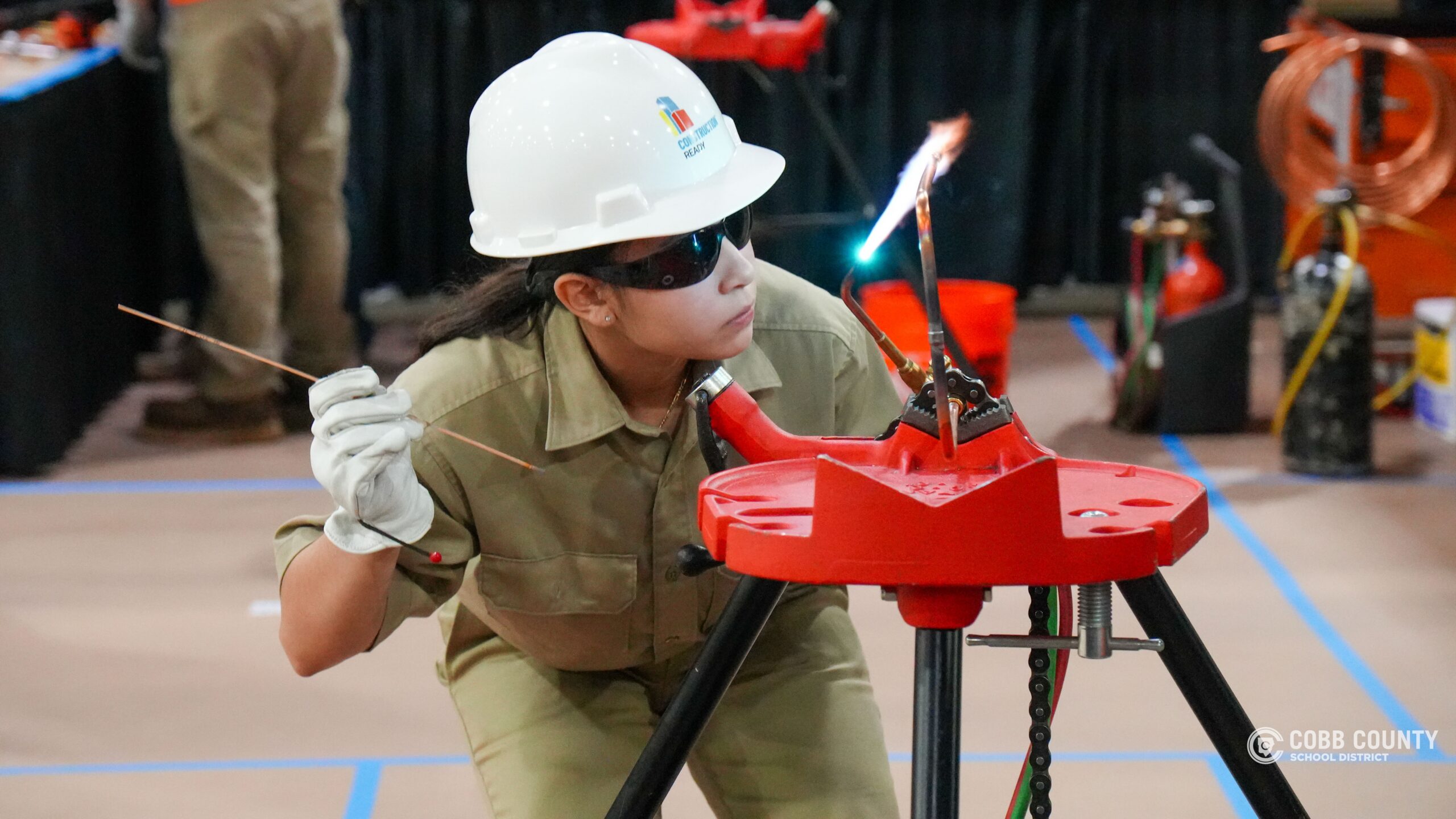
News
The Soft Skill Most People Never Master
By: Erica Leonor
When was the last time you heard a horror story about how a CSR or Technician provided terrible customer service to a homeowner? Or even yet, witnessed this horror story for yourself? I hear these kinds of experiences every single day. I would like to assume that providing great customer service is common sense for everyone. But sadly, it’s not. Common sense isn’t so common anymore.

So, in my effort to understand why “common sense” isn’t so common, I have discovered one key trait that all horror stories lack. It is a soft skill than many say is too “soft.” It is an easily misunderstood skill as most people often think they’re doing a great job at it, but in reality, they are shooting themselves in the foot and actually look kind of stupid.
It’s called empathy.
Empathy has many sides to understand and could take years to master. But in the end, this skill will get us farther in life than almost any other soft skill because of how it enables us to build strong relationships. There are two parts of empathy that I would love to cover today. The first is empathy in verbal communication and the second is empathy in action.
Empathy in Verbal Communication
I listen to a lot of phone calls taken by CSRs or Dispatchers, and this is a typical conversation.
Customer: “Hello! My AC isn’t working. It must have broken in the night because today, it’s blowing out hot air. My wife works from home and I’ve got 3 kids who are being homeschooled. Can you help?”
CSR: “Okay… what’s your address?”
Really? All we can say to that is “what is your address?” The customer handed us their problem on a silver platter, and we didn’t even acknowledge it. We were so quick to get through our script that we brushed past all the pain points the customer was having. This is called apathy —where we don’t care at all. If we’re lucky, some CSRs might offer sympathy by saying “Oh, I’m so sorry about that.” But who believes “I’m sorry” anymore? It’s overused and lost its value. Stop saying sorry. We want to go above and beyond sympathy — and definitely above and beyond apathy. We want empathy.
Empathy is our ability to feel with people — to feel the pain and emotion of what another person is going through. It is recognizing and validating them in that moment of stress or frustration.
One way that I like to verbally communicate empathy to another person is by using the simple prompt “It sounds like…” or “That sounds…” and then attach to it the relevant emotion the customer is feeling. They could be feeling frustrated, overwhelmed, stressed, confused, inconvenienced, etc. We will have to use some emotional intelligence to discover what their pain is and how they are feeling by asking questions. Then we communicate that feeling back to them like this: “Wow Mr. Jones, that sounds super frustrating!” Or “It sounds like a stressful situation!” This is one way to connect emotionally with other people. Recognize and validate.
Empathy in Action
I recently had a technician to my home to help with some electrical work in my basement. This guy came highly recommended by a neighbor, so I was expecting great service. Sadly, he didn’t make the cut. There were a lot of reasons why, but I want to focus on one in particular. He didn’t wear his shoe covers.
Let me tell you why this is a big deal to me. We don’t wear shoes in our house. The rug on our front porch says, “please remove your shoes.” Once you walk inside, there is a shoe stand with all the shoes neatly arranged — (hint, hint). I also have a little sign hanging on the railing before you go up the stairs to my living room that says, “Please remove your shoes.” That’s 3 cues right there that tell everyone who comes to my home what is important to me.
So, he didn’t wear shoe covers in my house — didn’t even have them in the first place. But what really got me is when he yelled up the stairs to ask if he could come up to use our bathroom — in his nasty boots. OMG.
I’m not going to be a jerk and say no, but this definitely put me, your typical homeowner, in an awkward situation and made for a terrible customer experience. Luckily my husband is blunter than I am. He took the guy a pair of shoe covers that we had in the garage so that I didn’t freak out with his muddy boots in my squeaky, clean home.
One thing all technicians need to be aware of is not just the empathy they verbally communicate, but the empathy that is shown through action to their customer. When a tech is in a customer’s home, there are visual cues everywhere that tell them what is important to the homeowner. Empathy is having respect for your homeowner’s preferences, being observant of the environment around them, and paying attention to all the details. Even if you do not agree with the lifestyle or way someone establishes their home, empathy is staying out of judgment and connecting with people wherever they are at.
It didn’t matter how well this electrician fixed my issue or how good he was at the technical skills. What I will always remember is that he got my floors dirty and used my bathroom. He could have shown empathy to me by removing his shoes, or heaven forbid bring his own shoe covers in the first place — and preferably not use my restroom.
All of us in the trades have an amazing opportunity to help change the negative perception people have of service providers. We do this by showing up as the professional in how we speak, how we work, and even how we look. When we verbally express empathy along with demonstrating we care through our physical actions, we will start to see stronger relationships, higher levels of trust, and long-term loyalty from our customers and homeowners.
Erica Leonor is a Customer Experience Coach and Sales Trainer at Power Selling Pros.















